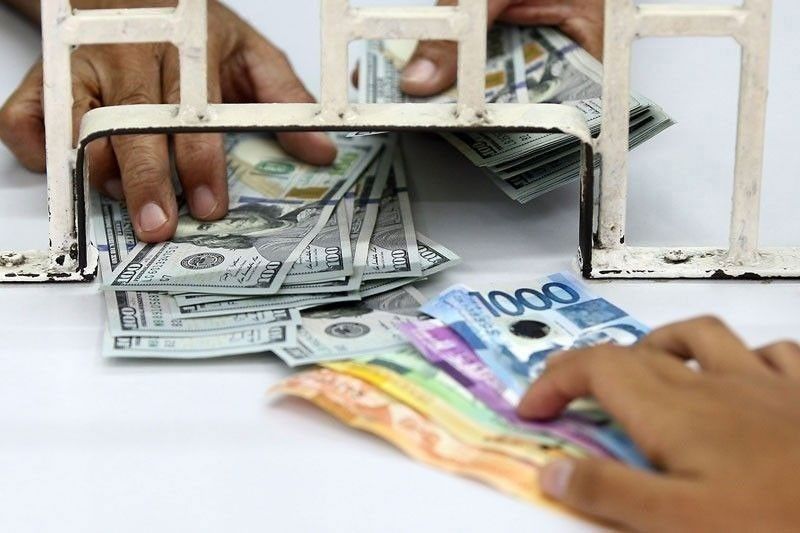Drop in remittances to hurt consumption in Philippines — Moody’s

MANILA, Philippines — A large drop in remittances from overseas workers due to the pandemic-induced global economic slump would hurt consumption in the Philippines and other major recipient countries, according to US-based credit rating agency Moody’s Investor Service.
In a report, Moody’s said that based on World Bank estimates, remittance transfers by migrant workers to their home countries may decline by around 10 percent or $110 billion this year.
“The coronavirus pandemic has triggered a fall in the wages of and loss of employment for migrant workers. The countries that are most dependent on remittances are largely low-and middle-income economies,” Moody’s said.
Moody’s said the fall in remittances could further widen the current account deficit of the Philippines and other countries.
“For Guatemala and the Philippines, which have deficits of 0.53 percent and 0.12 percent of their GDP, respectively, the fall in remittances will push their small deficits into more negative territory,” it said.
According to Moody’s, the projected 20 percent drop in remittance inflows would lower the global gross domestic product (GDP) by about one to seven percent this year.
“For countries that are highly reliant on remittances to finance consumption, the drop in remittances in 2020 will amplify the growth shock of the coronavirus outbreak,” Moody’s said.
Latest data from the Bangko Sentral ng Pilipinas (BSP) showed that personal remittances from overseas Filipino workers fell by more than 16 percent to $2.27 billion in April from $2.71 billion in the same month last year, while cash remittances coursed through banks dropped by 16.2 percent to $2.05 billion from $2.44 billion.
From January to April, personal remittances slipped by nearly three percent to $10.81 billion from $10.49 billion in the same period last year, while cash remittances declined by three percent to $9.45 billion from $9.74 billion.
Remittances, which account for about 10 percent of the country’s domestic output, started declining in March due to the economic fallout from the COVID-19 pandemic.
The double-digit drop in remittances was the widest drop since the 33.5 percent plunge recorded in January 2001.
BSP Governor Benjamin Diokno expects remittances to contract by five percent this year amid large repatriation of workers and major economic disruptions in host countries.
“Remittances, which support consumption of many Filipino households, are expected to contract by five percent this year as the COVID-19 crisis forces layoffs in host economies,” Diokno said earlier.
Diokno expects remittances to rebound next year with a four percent growth as economic activities in various parts of the world gradually recover.
“The high quality of labor that Filipinos provide make them highly in-demand across the globe, and so the contraction in remittances forced by the pandemic is expected to be short-lived,” Diokno said
Moody’s said remittances have generally provided countercyclical support to beneficiary countries at times of economic crisis, with migrants sending more money home to support their families.
“However, with the coronavirus pandemic affecting all regions globally, that is unlikely to be the case this time round,” Moody’s said.
- Latest
- Trending






























